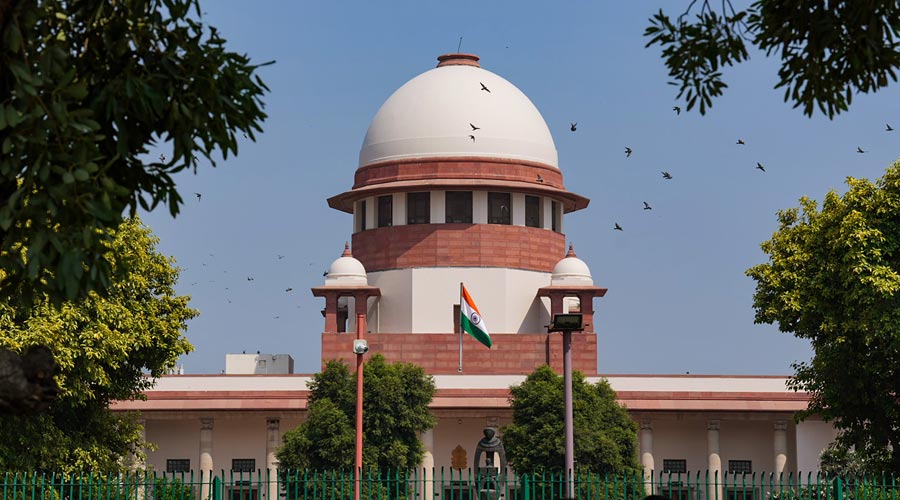Priyanshu
The Supreme Court of India recently dismissed a petition challenging the gender-discriminatory nature of Section 64 of the Criminal Procedure Code (CrPC),1973. This provision mandated that in cases where the person summoned could not be located, the summons could only be served to an “adult male member” of their family. The court’s decision came after the government enacted the Bharatiya Nagarik Suraksha Sanhita (BNSS) 2023, which replaced the CrPC and removed this discriminatory provision.
The petition, filed by public interest litigant Kush Kalra in 2022, contended that Section 64 of the CrPC was unconstitutional. Kalra argued that the provision discriminated against women by denying them the ability to receive summons on behalf of their family members. This, the petitioner asserted, was a violation of multiple constitutional guarantees:
- Article 14: Guarantees equality before the law.
- Article 15: Prohibits discrimination on the grounds of religion, race, caste, sex, or place of birth.
- Article 19(1)(a): Ensures the freedom of speech and expression.
- Article 21: Protects the right to life and personal liberty.
The petitioner emphasized that excluding women from this process perpetuated gender stereotypes, caused practical difficulties, and led to delays in legal proceedings, especially in households where no adult male members were present. Kalra highlighted that the discriminatory provision not only entrenched outdated gender roles but also impeded the efficient functioning of the legal system.
The Supreme Court, in its ruling, acknowledged the discriminatory nature of Section 64 of the CrPC. However, the court noted that the newly enacted BNSS 2023 had addressed this issue. Section 66 of the BNSS, which replaced Section 64 of the CrPC, removed the gender-specific language, allowing any adult family member, regardless of gender, to receive the summons.
Attorney General R Venkataramani informed the court about this legislative change. The bench, comprising Chief Justice DY Chandrachud, Justice JB Pardiwala and Justice Manoj Misra, thus closed the petition as infructuous, recognizing that the Parliament had effectively rectified the grievance through the legislative amendment.
“The Parliament while enacting BNSS has incorporated provisions which redress the grievance,” the bench noted in the order while closing the petition as infructuous.
The Supreme Court’s decision is a significant step toward promoting gender equality in the Indian legal system. By upholding the removal of the discriminatory provision, the court has reaffirmed the importance of equal treatment under the law and the need to eliminate gender bias in legal procedures. This ruling is expected to have a positive impact on women’s rights and access to justice in India.
The Supreme Court’s dismissal of the petition challenging Section 64 of the CrPC, following the legislative amendments under the BNSS 2023, marks a pivotal moment in the quest for gender equality in India. This decision not only rectifies a specific instance of gender discrimination but also sets a precedent for ongoing legal reforms to create a more inclusive and equitable legal system. The ruling reflects the judiciary’s commitment to upholding constitutional principles and promoting a legal environment where gender does not impede one’s rights and access to justice.

